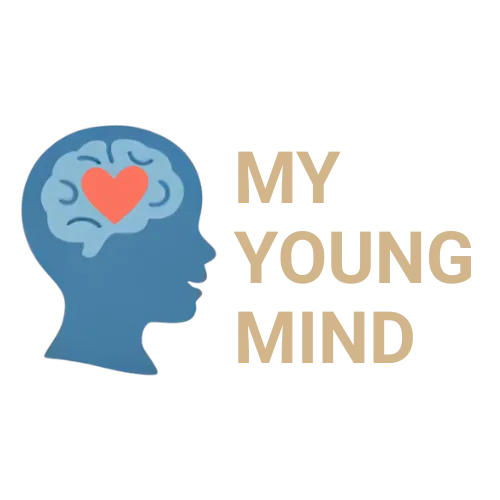
Emotional outbursts
Emotional Outbursts & Sensory Overload: Why Your Child Isn't "Too Much"
If you have a child who has emotional outbursts, screams when overwhelmed, or reacts strongly to sounds, textures, or crowds, it’s easy to feel like something is wrong. You might even have wondered if your child is "too much." But what if there’s nothing wrong with your child at all? What if their sensitivity isn’t a flaw — but a different way of experiencing the world?
Let’s take a look at what’s really going on underneath those big emotional reactions.
The Truth About Emotions: They're Not Dangerous
Many children — especially neurodivergent ones — can experience emotions more vividly. Some may struggle with a single uncomfortable sensation in their body. They react to that one intense feeling — they want it gone. And that reaction can look like screaming, shutting down, or lashing out.
But here’s something most people don’t know:
Feelings come from thought.
Let’s slow this right down.
Emotions are feelings we experience in our bodies through our nervous system. We feel happy, sad, anxious, excited, or angry because our thoughts create those feelings — just like a movie on a screen creates a whole-body experience, even though it’s just light and sound.
We feel our thinking.
And for kids who are especially sensitive, their reaction isn’t to the outside world — it’s to the feeling inside. That one feeling becomes overwhelming, and they try to get away from it any way they can. But the harder they try to avoid it, the bigger it gets.
Explaining This to Your Child: A Simple Way to Understand Emotions
Here’s how you might explain it to your child:
“Your feelings come from the thoughts in your head. Your thoughts send little messages into your body and that’s how we feel emotions. It’s completely normal. We all have thousands of thoughts a day, and our bodies just react to them.
You might not like the angry or anxious ones — most people don’t — but that’s okay. Those thoughts aren’t bad, they’re just passing through. They don’t mean anything about you.
You’re like the sky. Your thoughts are like clouds. They come and go, but the sky — you — stays the same. Even if there are storm clouds, you’re still okay underneath.”
When your child starts to understand this, it becomes less frightening to feel big emotions. It stops looking like something they have to get rid of. They begin to trust that it will pass.
And it always does.
Why We React: Our Own Relationship with Moods
As parents, we often panic when our child explodes emotionally — because it feels like something’s gone wrong. But much of that comes from our own mood and thinking in the moment.
When we’re in a low state of mind, we see the future through a fearful lens. We start imagining all the “what ifs.” We think:
“What if they’re always like this?”
“What if I can’t handle it?”
“What will school think?”
“What if no one understands them?”
But those thoughts come from our own low mood — not from reality. You know this because when you're in a lighter mood, those fears ease. You see more possibilities. You feel more patient. You're more capable. Your child hasn’t changed — your mood has.
When we believe those scary thoughts in low moods, we start to make our child’s challenges about us. It becomes personal. We feel like we’ve failed. That’s human — but it’s also where suffering grows.
Instead of listening to fear, you can start listening to something deeper. Your wisdom. That’s where your strength lies.
A Final Word About Hope
When your child screams, or shuts down, or melts down in public, your mind may flood with thoughts like “I can’t do this,” or “This will never get better.” But remember:
That’s not the truth. That’s a thought in a tired, overwhelmed moment.
There is so much hope here.
Your child is not too much. They are experiencing too much in that moment — and they need you to stay anchored, not fix it all. You don’t have to have all the answers. Just understanding where feelings come from — that they’re safe and passing through— gives your whole family more space to breathe.
Less fear.
Less pressure.
More peace.
More presence.
You’re not doing it wrong.
You’re doing the best you can. And your child is too.
If something here resonated with you and you’d like to explore this approach more deeply, visit myyoungmind.com to learn more.
